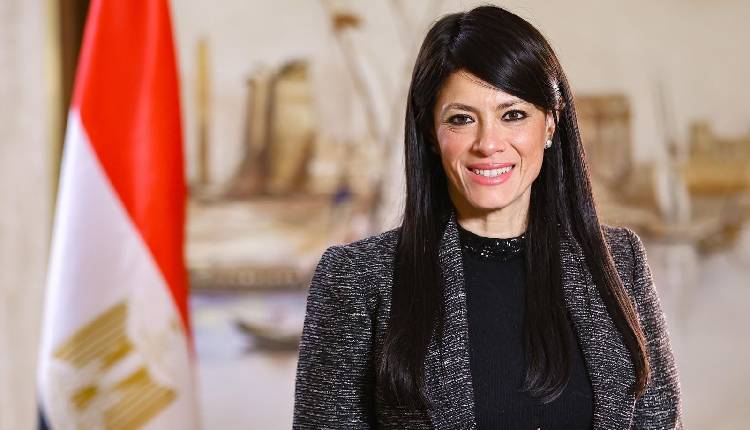Egypt, France, EU sign €262.3m financing package for key infrastructure projects
Egypt, France, and the European Union (EU) signed nine financing and grant agreements totalling €262.3 million to implement a set of priority infrastructure projects in the fields of water treatment, sanitation, renewable energy, and railway development. The agreements were concluded as part of the French President’s state visit to Egypt and the signing of a strategic partnership between the two countries.
The financing package supports four major initiatives with a shared emphasis on sustainability, infrastructure modernisation, and economic competitiveness.
Electricity grid upgrade in Alexandria
A key component of the agreements is the Alexandria Regional Control Centre project, which will receive a total of €60 million—comprising a €50 million soft loan from the French Development Agency (AFD) and a €10 million EU grant, managed by AFD on behalf of Egypt’s Ministry of Electricity and Renewable Energy. This project aims to stabilise electricity supply and modernise grid control systems in one of Egypt’s most densely populated regions. It also supports Egypt’s broader strategy to expand renewable energy integration and enhance its role as a regional energy hub.
Expansion of wastewater treatment capacity
In the water and sanitation sector, two significant projects have been earmarked for funding. The first is the New East Alexandria Wastewater Treatment Plant, which has secured €68 million in financing and a €2 million grant for the Ministry of Housing, Utilities, and Urban Communities. The plant is expected to serve 1.5 million people by 2032 and will play a critical role in supporting Alexandria’s urban expansion while alleviating pressure on existing infrastructure.
In parallel, Phase III of the Gabal El Asfar Wastewater Treatment Plant will receive €50 million in financing along with €11.5 million in grants from both AFD and the EU. The project will boost the facility’s treatment capacity to meet growing population needs and enhance the long-term sustainability of the sanitation network.
Rail freight corridor to boost industrial logistics
Complementing these infrastructure efforts is the Rubiki–10th of Ramadan–Belbeis railway line project, which will be backed by €70 million in financing and an €800,000 grant for the Ministry of Industry and Transport. The project is designed to improve freight transport links between inland industrial areas and seaports, ultimately reducing transit costs and enhancing the competitiveness of local producers while creating new job opportunities.
Attribution: Amwal Al Ghad English
Subediting: M. S. Salama


